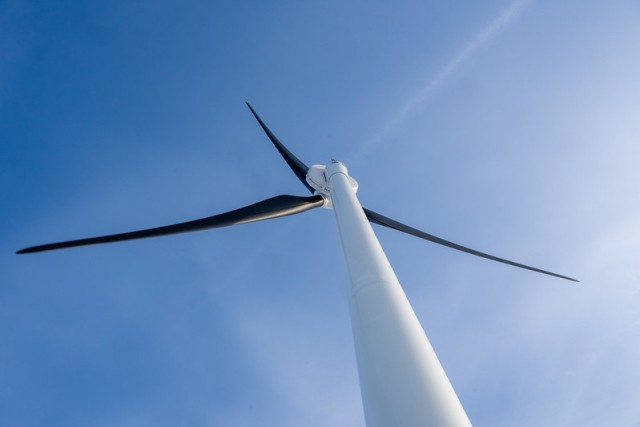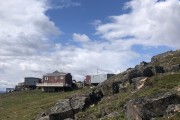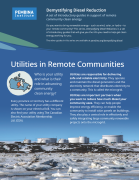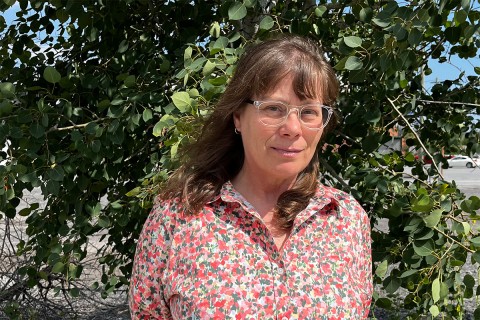For decades, remote communities across Canada – the majority of which are home to Indigenous Peoples — have been locked into a system of diesel dependency. With the combination of good policy and committed partnership, we can address this challenge in support of community ambitions for more reliable and resilient energy systems.
Renewables in Remote Communities
Supporting communities in their transition to sustainable, healthy, and affordable energy solutions.
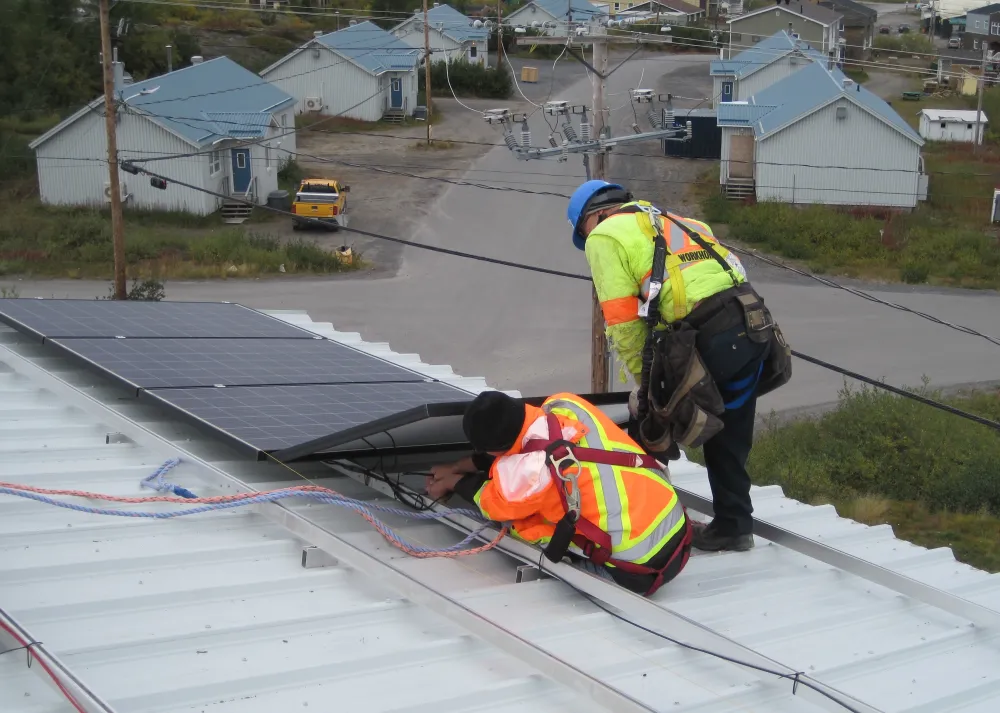
Remote energy costs remain high, even with subsidies
On average, remote communities pay six to ten times more for electricity and heat than other consumers. Without subsidies, energy costs in these communities would be 10–30 times more expensive. (See Diesel Subsidies — Simplified, Part I (2021))
Key numbers
Restoring the flow
Remote communities are increasingly embracing clean energy to tackle long-standing challenges like unreliable power, high costs, and pollution. Our new national report, Restoring the Flow, provides a unique look into the current state of remote energy systems in Canada and highlights how Indigenous leadership and government policy are driving progress on energy security and diesel reduction.
Read the reportResearch & Analysis
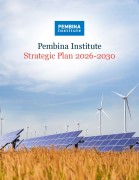
Strategic Plan 2026-2030
Pembina Institute's plan to advance Canada’s clean energy transformation

Becoming an Independent Power Producer
An introductory guide to building a renewable energy project in your remote community

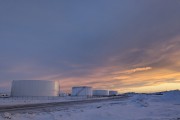
A year in review: the transition to clean energy in remote communities
Our top 5 takeaways for remote clean energy in 2025 and what we're looking out for in the year to come

High-penetration renewable energy microgrids
Maximizing community diesel reduction

Why increase renewable energy in remote communities?
Renewable energy provides a pathway to energy security.
Across Canada, remote communities rely on diesel fuel to heat and power their homes. This reliance creates local health, environmental, and economic inequities for these communities.
The transition to renewable and clean energy disrupts this reliant relationship and provides a pathway for healthier communities, strengthens local decision-making, and advances federal, provincial, and territorial commitments toward climate action and reconciliation.
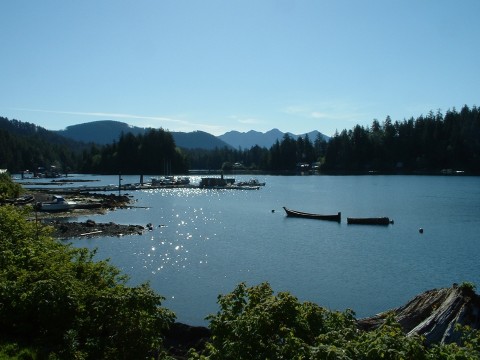
We support communities with their clean energy transition
The transition to clean energy will bring a wide range of benefits to remote communities. However, the work to get there is not easy.
We support remote and Indigenous energy leaders and communities as they embark on a clean energy transformation, by:
- Developing tools and resources;
- Holding workshops and webinars;
- Helping build technical and policy capacity in communities
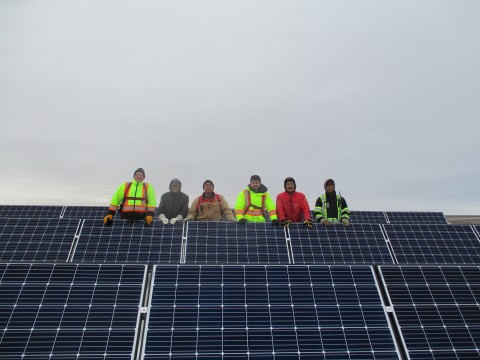
Our policy analysis, research and resources highlight opportunity
For over two decades, our Remote Communities Program has carried out extensive research on diesel reduction, clean energy financing, Indigenous rights, and more. Through this work, we highlight how the clean energy transition is full of opportunities for community and business development, and more reliable energy.
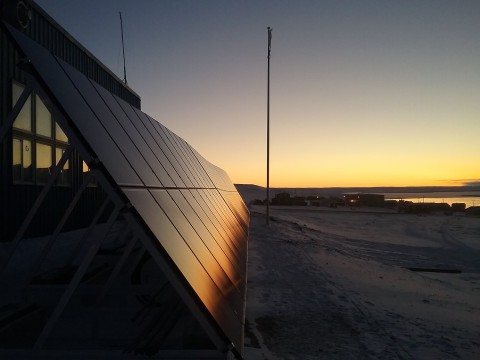
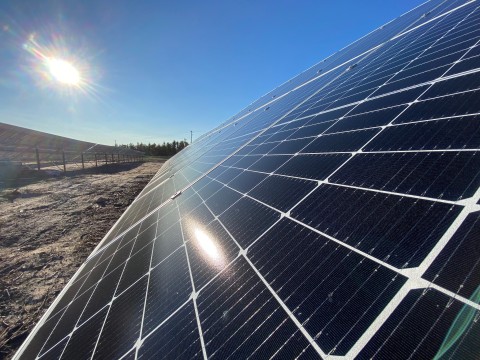

Secure fair prices for Indigenous-led renewable energy projects
Indigenous-led renewable energy projects bring environmental, economic, and social benefits to communities. Despite this, project funding and revenue streams do not fully reflect the associated value of renewable energy projects. Our research seeks to address these funding and policy gaps and advocates for fair and equitable energy prices.
Spotlights on Renewables in Remote Communities
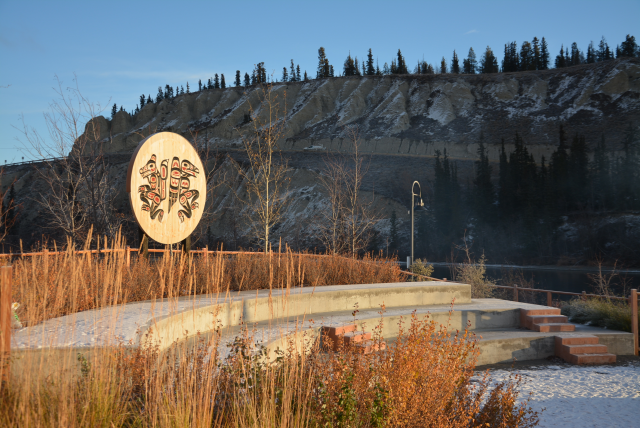
Conferences
Our Renewables in Remote Communities Conferences have been supporting renewable energy proponents in remote Indigenous communities since 2015. Find out about past and upcoming conference events.

Demystifying Diesel Reduction
Do you want to bring renewable energy — such as wind, solar, or hydro — to your remote community? We’ve put together a set of introductory guides and resources that will give you the information you need to help get clean energy working for you.
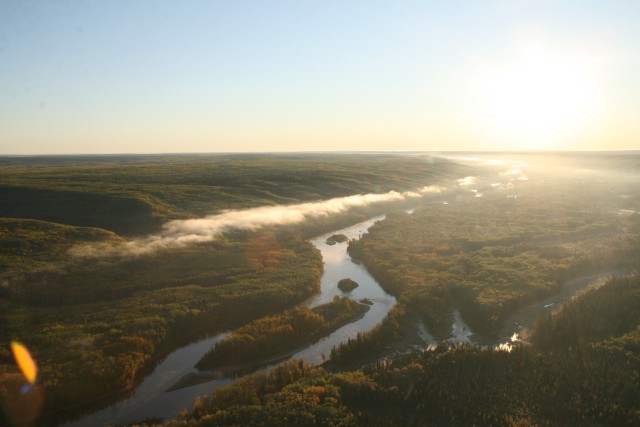
Indigenous Advisory Council
The Pembina Institute has been working on remote energy and diesel reduction for more than 20 years. As a non-Indigenous organization focused on Canada’s energy transition, it is important we work alongside the people who are driving change so we can better understand the barriers standing the way of progress.
Learn more about the council and how we work with them to produce and pursue critical research.

Contact our Renewables in Remote Communities team
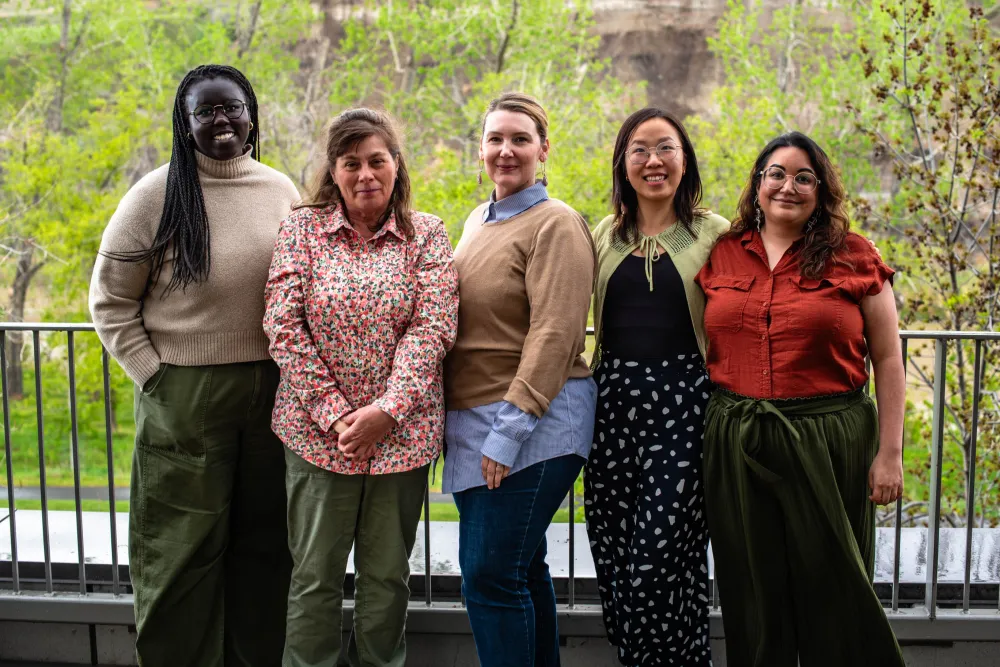
Program Director
Lynne Couves
c: 403-483-3850
e: lynnec@pembina.org
Media Contact
Bhan Gatkuoth (Mountain Time)
c: 587-742-0818
e: bhang@pembina.org
Get our Pembina Perspectives
Pembina Perspectives provides thoughtful, evidence-based research and analysis to support action on climate — in your inbox every two weeks.
We endeavour to protect your confidentiality; read our full privacy policy.
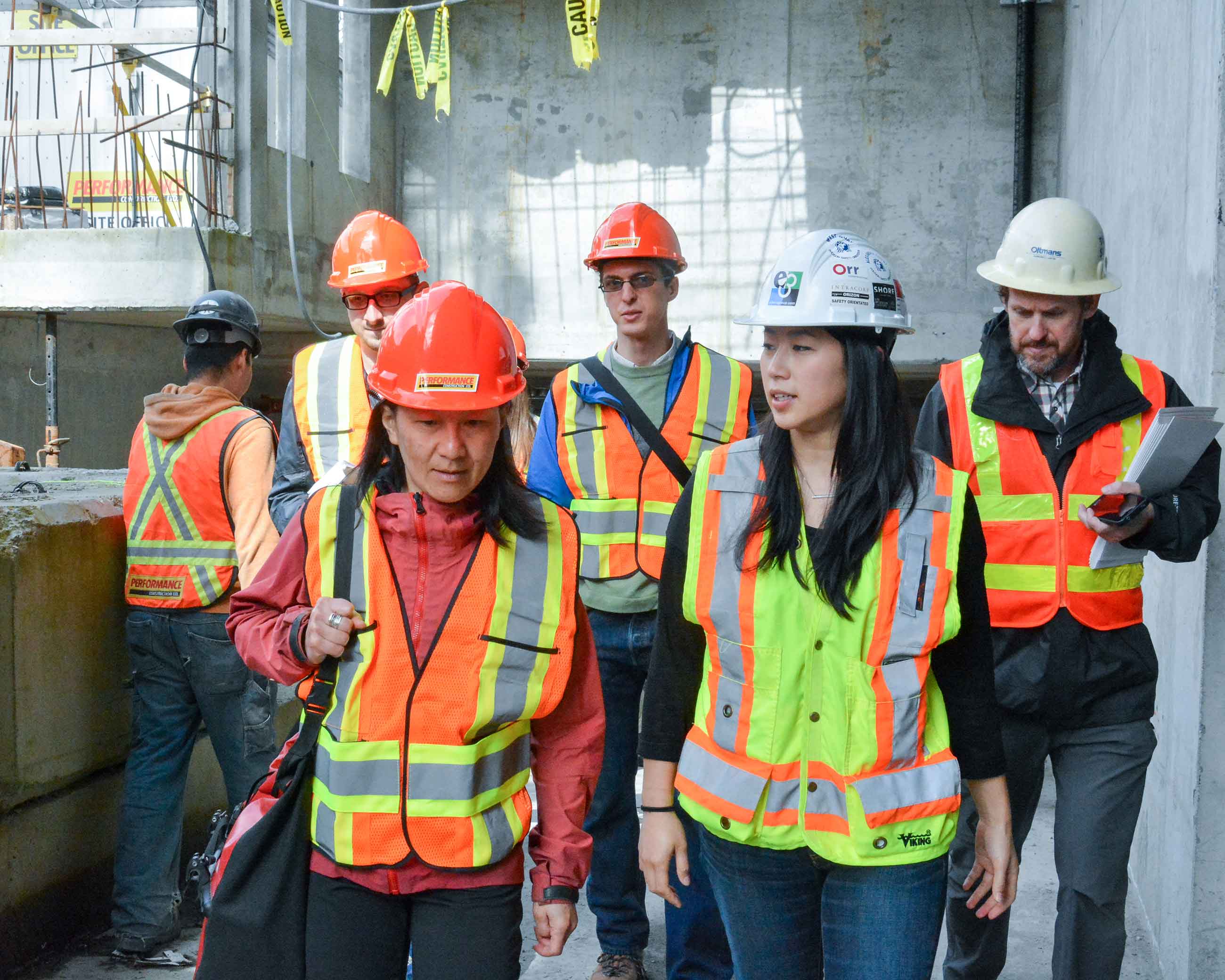
Support clean energy for all.
Help remote communities across Canada realize their net-zero vision.
